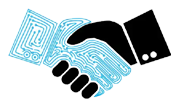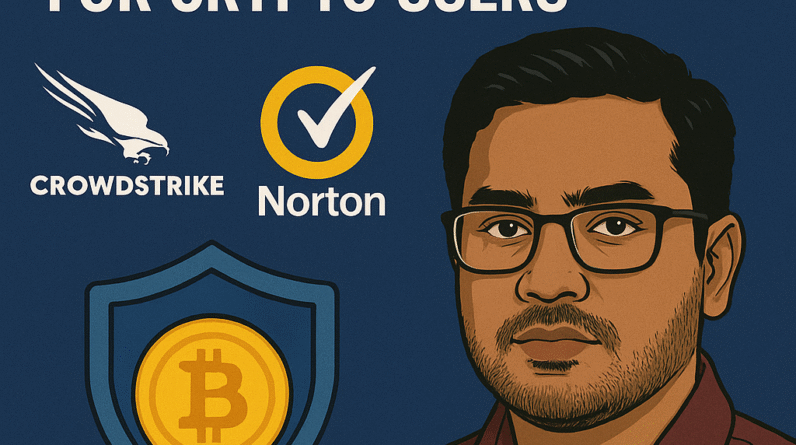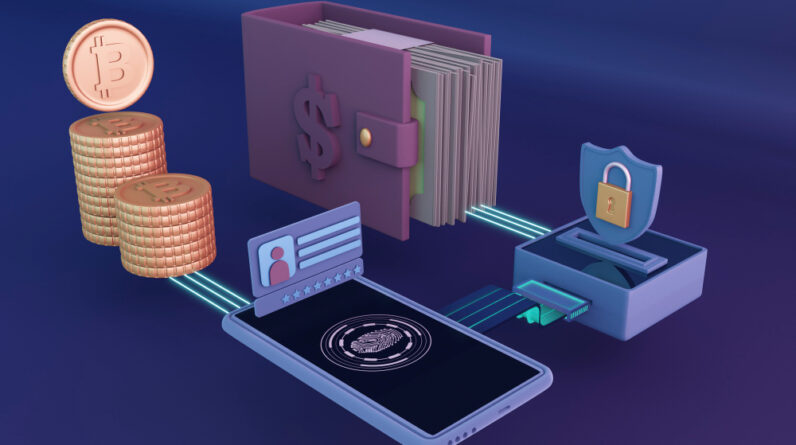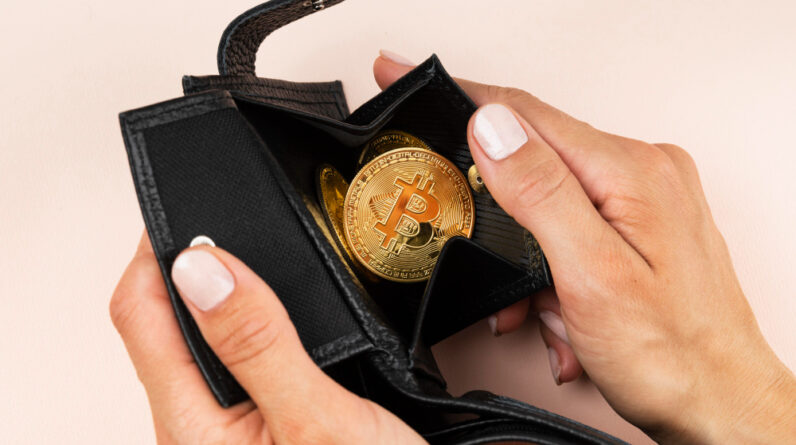Cryptocurrency has revolutionized digital finance, but with innovation comes vulnerability. As digital assets continue to surge in popularity, cybercriminals are refining their tactics to exploit any weakness. Protecting your crypto from cyber attacks is not just a best practice—it’s a necessity. In this guide, we’ll outline comprehensive strategies that ensure your crypto holdings remain safe and secure.
Use Cold Wallets for Maximum Security
One of the most effective ways to protect your crypto assets is by using cold wallets, which are wallets not connected to the internet. These include hardware wallets (like Ledger or Trezor) and paper wallets, which store your private keys offline.
Benefits of cold storage:
-
Immune to online hacking attempts
-
Private keys never exposed to internet threats
-
Excellent for long-term investors holding large amounts of crypto
Pro Tip: Always purchase hardware wallets directly from the manufacturer. Avoid buying second-hand devices that could be compromised with malware.
Enable Two-Factor Authentication (2FA)
Two-Factor Authentication adds an extra layer of defense by requiring not just your password, but also a time-sensitive code—usually from your mobile device.
Secure your accounts using:
-
Authenticator apps like Google Authenticator or Authy
-
Avoid SMS-based 2FA, as SIM swapping is a real threat
-
Apply 2FA to all platforms: wallets, exchanges, and email
Make it a rule: If a platform doesn’t support 2FA, consider avoiding it altogether.
Be Aware of Phishing Scams and Social Engineering
Phishing scams are among the most common attack methods used against crypto holders. Cybercriminals use deceptive emails, websites, and social media accounts to lure you into giving away your credentials.
Stay vigilant by:
-
Double-checking URLs before logging into crypto platforms
-
Never clicking on links or attachments in suspicious emails
-
Verifying all communications from “support” or “admins”—no legit service will ever ask for your private key
Always remember: If something sounds too good to be true, it probably is.
Use Strong, Unique Passwords for Every Platform
Using weak or reused passwords across multiple platforms is a massive risk. Implement strong, unique passwords for all crypto-related accounts.
Best practices include:
-
At least 12 characters including numbers, symbols, uppercase and lowercase letters
-
Use a reputable password manager like Bitwarden or 1Password
-
Change passwords regularly and avoid storing them in browsers
Avoid this mistake: Never share or email your passwords—even to trusted contacts.
Secure Your Private Keys and Seed Phrases
Your private keys and seed phrases are the backbone of your cryptocurrency security. Losing them—or worse, having them stolen—means permanent loss of funds.
How to protect them:
-
Store them offline in multiple secure locations
-
Use fireproof and waterproof safes to protect physical backups
-
Never take screenshots or store seed phrases in digital format
-
Consider splitting your seed phrase across different secure places
Critical tip: If someone has access to your seed phrase, they have access to your funds.
Only Use Reputable Exchanges and Wallets
Not all crypto exchanges and wallets are built equally. Some platforms have poor security practices, making your assets more vulnerable.
Choose platforms that offer:
-
Insurance against hacks
-
Transparency about their security protocols
-
Regular security audits
-
Cold storage for user funds
Recommended exchanges: Binance, Coinbase, Kraken, and Gemini are known for robust security.
Monitor Wallet and Exchange Activity Regularly
Keep a close eye on all activities tied to your crypto accounts. Unauthorized transactions often go unnoticed until it’s too late.
Steps to take:
-
Enable notifications for every login and transaction
-
Set up account activity alerts
-
Use portfolio tracker apps that alert you to any unusual movement
Don’t ignore: Even minor anomalies could indicate that your account has been compromised.
Keep Devices and Software Up to Date
Outdated systems and applications are a hacker’s playground. Always update your devices, operating systems, and any crypto-related software.
Stay updated on:
-
Wallet apps
-
Browser extensions
-
Operating systems (macOS, Windows, Linux, Android, iOS)
-
Antivirus and firewall tools
Pro tip: Disable automatic downloads to avoid malicious software updates disguised as real ones.
Avoid Public Wi-Fi for Crypto Transactions
Public Wi-Fi networks are extremely insecure. They can easily be monitored or manipulated by attackers to intercept your data.
Instead:
-
Use your mobile network or a secure home Wi-Fi connection
-
If you must use public Wi-Fi, utilize a trusted VPN service
-
Never log into exchanges or wallets while connected to hotel, airport, or coffee shop Wi-Fi
Reminder: Convenience can cost you your entire investment—think before you connect.
Beware of Insider Threats
While we often think of hackers as strangers, many breaches come from people we know. Insider threats can come from family members, friends, or employees.
Reduce the risk by:
-
Keeping your holdings and access information private
-
Not discussing how much crypto you own, especially online
-
Creating a separate account for high-value holdings, with restricted access
Golden rule: The fewer people know, the safer your assets are.
Use Multi-Signature Wallets for Extra Security
Multi-signature wallets (multisig) require more than one private key to approve a transaction. This is ideal for businesses, organizations, and serious investors.
Advantages include:
-
Enhanced security through shared responsibility
-
Protection against single point of failure
-
Ideal for joint accounts or corporate crypto funds
Example wallets that support multisig: Electrum, Armory, and Gnosis Safe.
Keep Learning: Education Is Your Best Defense
Staying informed about the latest threats and best practices is crucial. Cyber attackers are constantly evolving, and so should your security strategy.
Continue your crypto education:
-
Follow security blogs and YouTube channels
-
Read whitepapers and security reports from trusted sources
-
Join crypto forums and follow reliable Twitter/X accounts
Final tip: Make cybersecurity a habit, not a one-time action.
Conclusion
Cybersecurity is not optional in the world of cryptocurrency. Your assets are only as safe as your precautions. By implementing cold storage, 2FA, strong passwords, phishing defense, and secure habits, you minimize the risk of theft or loss. Stay vigilant, be proactive, and never stop learning.






